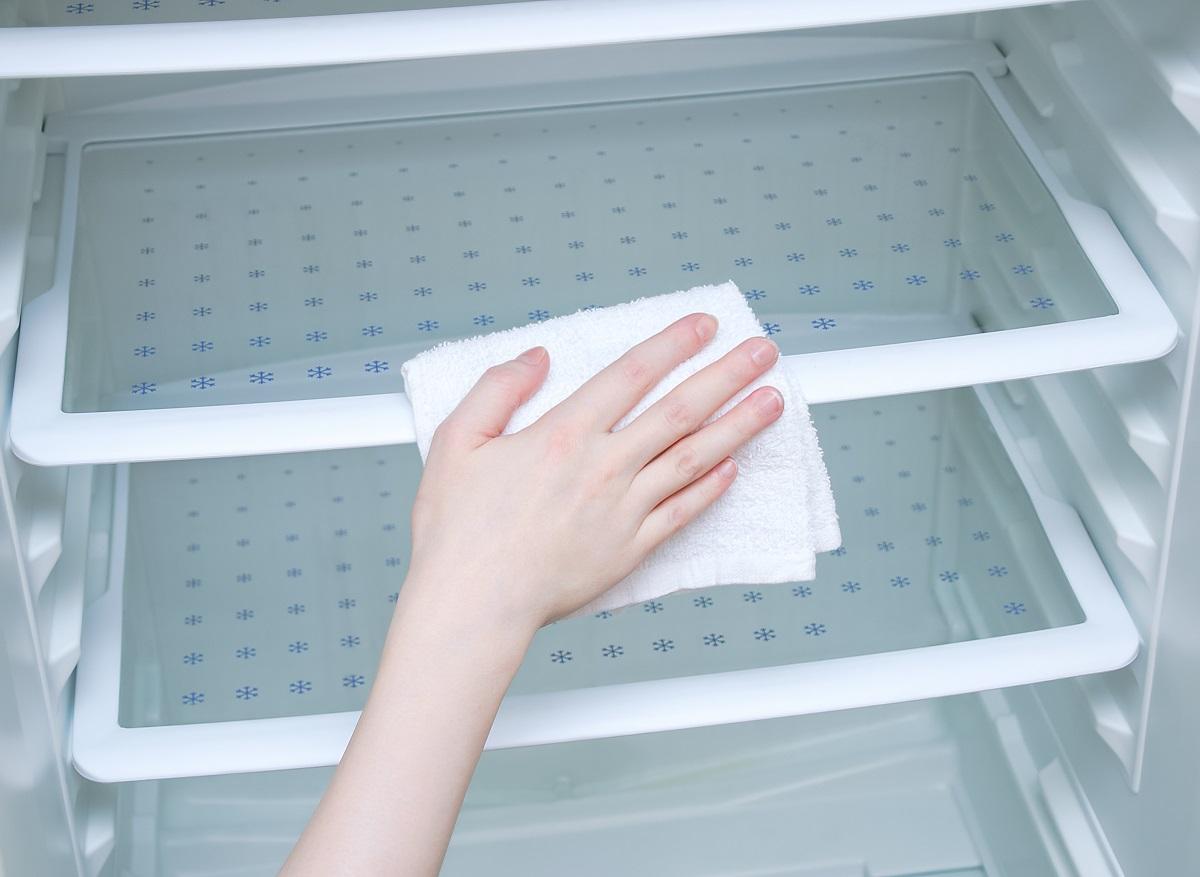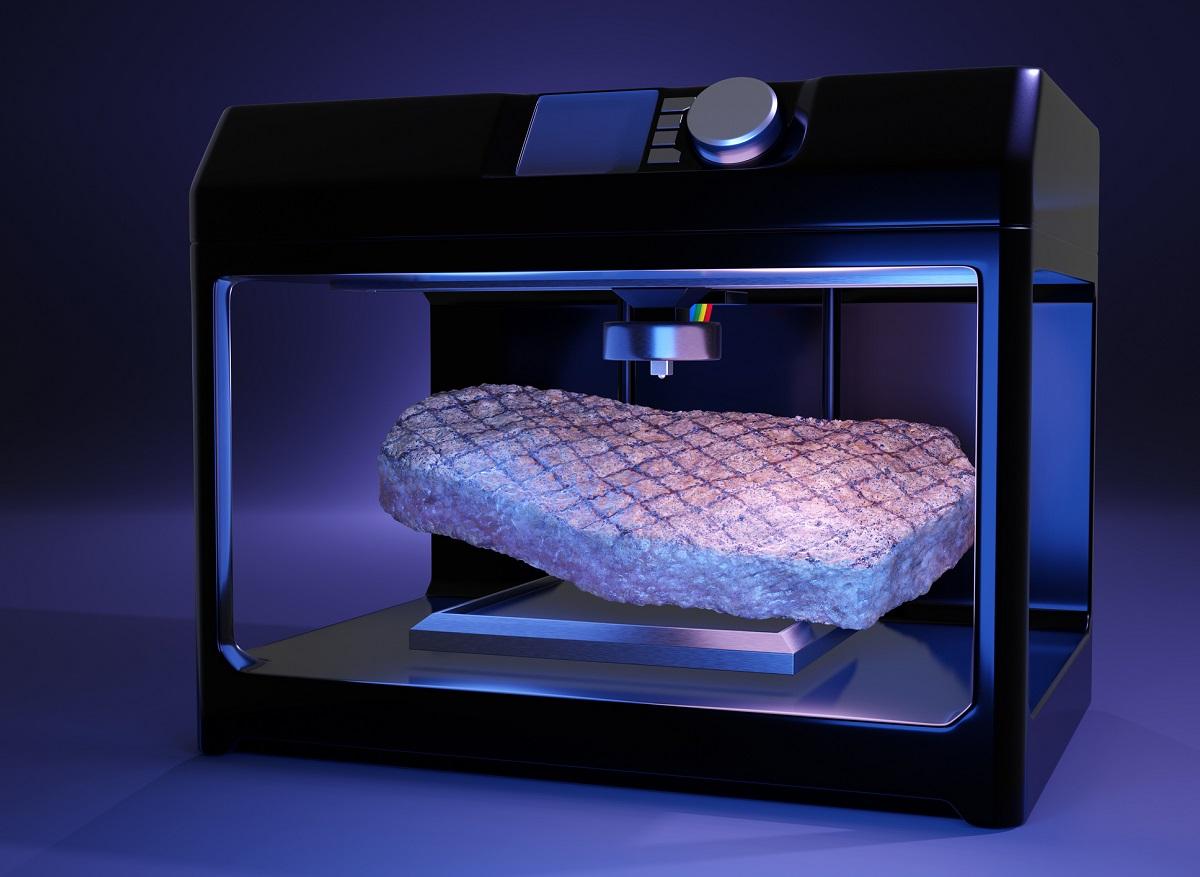When you go on vacation, it is essential to unplug and clean your refrigerator before you leave. This practice not only saves energy, but it also helps maintain good food hygiene and prevents food poisoning.

- Unplugging and cleaning your refrigerator before vacation is crucial to avoiding energy waste and maintaining good hygiene.
- Regular and proper cleaning prevents the growth of germs and reduces the risk of food poisoning.
- Be sure to manage power outages to ensure the safety of food in your freezer.
A clean and disinfected fridge is beneficial for both the home economy and health. A clean fridge prevents the growth of bacteria and mold, which can contaminate food and cause food poisoning. Cleaning your fridge regularly also reduces unpleasant odors and allows you to check the condition of your food, thus avoiding waste. In addition, a clean fridge operates more efficiently, thus reducing energy consumption.
Clean regularly to avoid germs
To prevent the growth of germs and therefore the risk of food poisoning, it is recommended to clean and disinfect your refrigerator two to four times a year. Using diluted bleach is effective, but you must rinse well afterwards because bleach can damage the plastic materials of the refrigerator. A simple alternative is to use soapy water, which already eliminates 99% of bacteria and dirt. For complete disinfection, a disinfectant solution can be applied last.
Cleaning procedure
- Empty the refrigerator: Start by removing all food from your refrigerator. To avoid breaking the cold chain, place fragile products in a cooler. This step also allows you to sort the food and get rid of any that are expired or suspect.
- Cleaning the removable trays: Remove the removable bins and shelves and wash them in soapy water in the sink. Use a new sponge to avoid spreading germs from an old sponge. Bins can accumulate food residue and spills, so it’s crucial to give them a thorough cleaning.
- Internal cleaning: Even if your fridge looks clean, give it a serious cleaning with very diluted bleach, especially in the summer when the heat encourages germs to multiply. Be sure to rinse all surfaces thoroughly after cleaning. Also wipe it down with a damp cloth with a disinfectant solution to remove any remaining bacteria.
- Doors and seals: Don’t forget to clean the doors and rubber seals, which can accumulate dirt and mold. Use an old toothbrush to reach hard-to-reach corners.
Power outage management
During the holidays, it is possible to have power outages. To ensure that your freezer has properly preserved the food, place an unwrapped ice lolly in the bottom of a drawer before leaving. If when you return, the ice lolly is melted, this indicates a power outage and potentially prolonged thawing of the food. In this case, it is safer not to consume the thawed products, as their quality and safety may be compromised.
Ideal refrigerator temperature
Maintaining the right temperature in your fridge is crucial for food preservation. An average temperature of 4°C is ideal for most foods. For the meat compartment, a temperature around 2°C is recommended, while the vegetable compartment should be around 6°C. These optimal temperatures help to minimise the growth of microbes and prolong the freshness of food.
In conclusion, unplugging and cleaning your refrigerator before going on vacation is an essential practice to save energy and maintain good food hygiene. Cleaning your fridge regularly helps prevent food poisoning by eliminating germs and bacteria. Be vigilant for electrical outages to ensure the safety of the food stored in your freezer. Proper maintenance of your refrigerator contributes to both your health and your budget.















